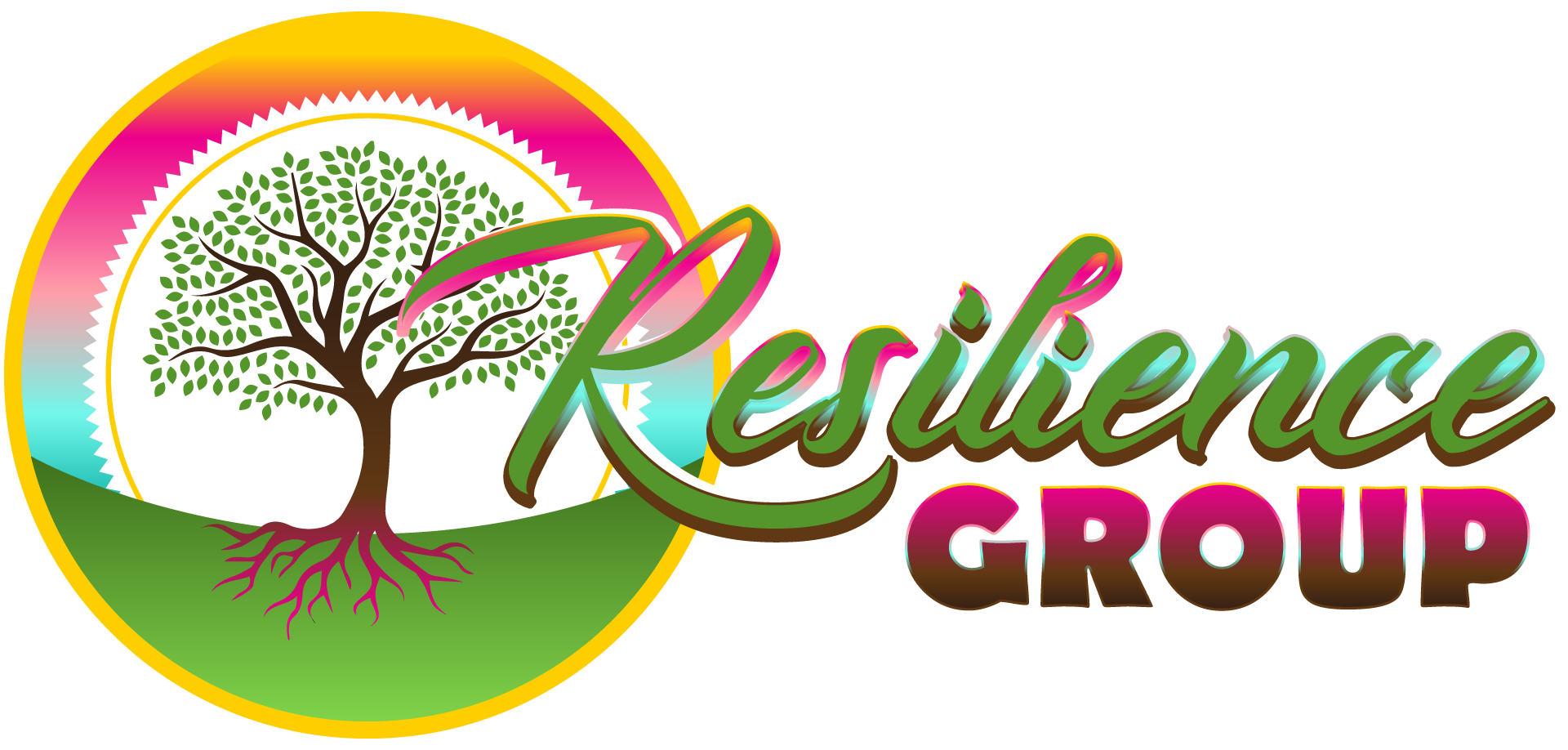Approaches & Techniques
Christian Counseling
Christian counseling is a form of counseling that integrates psychological principles and therapeutic techniques with Christian faith and biblical teachings. It seeks to address emotional, psychological, and spiritual issues while guiding individuals through the healing process in accordance with Christian values and beliefs. Christian counseling combines traditional therapeutic approaches, such as cognitive-behavioral therapy (CBT) or solution-focused therapy, with scriptural wisdom, prayer, and a faith-based perspective on human nature, sin, and redemption.
Christian counseling aims to help individuals understand and address their struggles, such as anxiety, depression, relationship difficulties, addiction, and grief, by providing them with spiritual insights, emotional support, and practical strategies grounded in Christian doctrine. The counselor typically incorporates the Bible, prayer, and spiritual guidance as tools to promote healing and growth.
Key Components:
-
Integration of Faith and Therapy:
- Christian counselors use evidence-based therapeutic practices while aligning them with Christian beliefs. They often incorporate scripture, prayer, and Christian principles to provide guidance and comfort during the counseling process.
-
Spiritual and Emotional Healing:
- Christian counseling emphasizes healing of both the emotional and spiritual aspects of a person’s life. It acknowledges that mental health struggles can be related to spiritual issues, such as feelings of guilt, shame, or unforgiveness, and addresses these concerns from a Christian worldview.
-
Biblical Perspective on Human Nature:
- A core element of Christian counseling is the belief that human beings are created by God and that individuals have intrinsic worth and dignity. Christian counselors may address issues such as sin, redemption, forgiveness, and the importance of cultivating virtues like love, patience, and kindness.
-
Holistic Approach:
- Christian counseling typically takes a holistic approach, which considers the mind, body, and spirit. Counselors may work to address physical and emotional concerns while also fostering spiritual growth and a deeper relationship with God.
-
Focus on Personal Growth and Transformation:
- Christian counselors encourage personal development and transformation, helping individuals align their lives with biblical teachings, strengthen their faith, and develop healthier coping strategies in response to life’s challenges.
Common Issues Addressed in Christian Counseling:
-
Depression and Anxiety:
Christian counseling may help individuals find peace through faith, prayer, and biblical understanding, while also teaching coping mechanisms to manage mental health symptoms. -
Marriage and Family Issues:
Christian counselors often provide relationship guidance, focusing on the biblical perspective of marriage, parenting, and family dynamics. -
Grief and Loss:
Grief counseling from a Christian perspective helps individuals process loss, providing spiritual support based on the hope of resurrection and eternal life. -
Addiction:
Christian counselors address substance abuse or behavioral addictions by exploring underlying issues and integrating faith-based recovery principles, such as repentance, forgiveness, and reliance on God for strength. -
Sexuality and Relationships:
Christian counseling may provide support for individuals struggling with issues related to sexual identity, purity, or marital intimacy, using biblical teachings about sexuality and relationships.
Approach and Techniques:
-
Biblical Counseling:
- Involves direct application of scripture to guide individuals through life challenges. It often incorporates Bible verses and spiritual truths to address concerns such as forgiveness, guilt, and healing.
-
Prayer and Faith-Based Practices:
- Prayer, worship, and other Christian practices (such as meditation on scripture) are often integrated into the counseling process as tools for healing, comfort, and guidance.
-
Cognitive Behavioral Techniques (CBT):
- Some Christian counselors incorporate CBT to help individuals identify and change negative thought patterns, combining it with spiritual principles to promote emotional and mental well-being.
-
Spiritual Disciplines:
- Encouraging practices such as Bible reading, prayer, fasting, and worship to foster spiritual growth and help individuals connect more deeply with their faith as they work through personal challenges.
Ethical Considerations:
-
Confidentiality:
- Like other counseling practices, Christian counseling maintains strict confidentiality. However, the counselor may also guide individuals toward spiritual accountability within the framework of their faith community.
-
Respect for the Individual’s Beliefs:
- Christian counselors are generally expected to respect the beliefs and spiritual backgrounds of their clients, even if they do not share the same faith. Counseling may be adapted to meet the client’s specific religious preferences.
-
Nonjudgmental Approach:
- Christian counseling focuses on grace, compassion, and understanding. It acknowledges that all individuals are imperfect and that transformation and healing are ongoing processes, with the counselor guiding clients through the challenges they face without condemnation.
Conclusion:
Christian counseling is a therapeutic approach that combines mental health treatment with Christian principles. It seeks to heal individuals holistically, addressing emotional, psychological, and spiritual struggles through a framework of biblical teachings, prayer, and faith-based practices. Christian counselors aim to provide support that aligns with the client’s faith, using spiritual insights to foster personal growth, emotional healing, and a closer relationship with God.

Clinical Perspective:
In a therapeutic setting, personal issues are typically explored to identify their origins, underlying patterns, and impact on the individual’s life. Treatment may involve:
- Psychotherapy: Approaches such as cognitive-behavioral therapy (CBT), psychodynamic therapy, or solution-focused therapy.
- Skill-building: Teaching coping strategies, communication skills, or emotional regulation techniques.
- Support Systems: Encouraging healthy social connections and community resources.
While the term “personal issues” lacks a specific diagnostic framework, it serves as a general descriptor for challenges that may require professional intervention to promote mental health and overall well-being.
Contact
(435) 313-8533
Location:
Resilience Group
Saint George, UT 84770
In-person and telemedicine available
